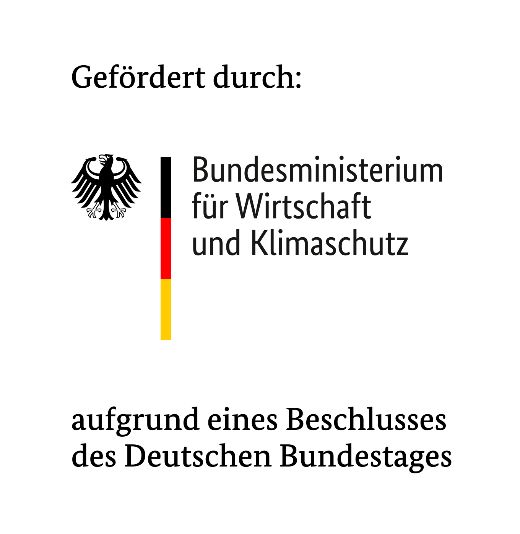
Regulation Stability Analysis Intelligent Learning - ARTEMIS Experiment SpacePatch. Autarkic Tiny AI Systems for Stability Analysis of cardiovascular Regulatory Mechanisms using intraindividual Time Series Feature Aggregation and longitudinal Machine Learning. (RESIL-ARES 50WB2321)
Third party funded individual grant
Acronym: RESIL-ARES 50WB2321
Start date : 01.12.2023
End date : 30.09.2025
Extension date: 30.09.2025

Project details
Scientific Abstract
The-ARES "ARTEMIS Experiment Space Patch System"
project results on a "DLR Call for Ideas - AI for Space
Applications".
The project combines high end wearable biosensors - e.g., the
seismocardiography sensor for ARTEMIS II/ ORION - with Tiny-AI based signal and
time series processing for individualized Human Machine Communication with the goal to better understand and classify the mechanisms and stability of
cardiovascular regulatory processes (RES).
In the field of integrated
performance physiology under extreme environmental and stress conditions, the assessment
and possible prediction of individual exercise capacity is essential.
Intra-individual RES analysis and resliience assessment of astronauts against potential risks that could lead to mission
abort are core to the project.
The application of new AI learning models (IL) to the
known but highly complex interplay of the regulatory systems of different
levels of the cardiovascular system and its mechanical and electrical
biosignals shall contribute to the "safe return" of the astronauts.
This is the focus of the project, based on the novel aggregation of time series
features suitable for longitudinal RES learning (RESIL) - also under long-term flight
conditions, e.g., Tiny AI learning without an instructor.
In the project, components of a Tiny-AI with
databases and interfaces will be developed, adapted and aggregated in a
modular, self-sufficient (internet and cloud independent), and suitable way for
"ARTEMIS and beyond" missions as a prototype system called
RESIL-ARES. Applications will be derived from this, e.g. the inflight system
for ARTEMIS II and ":envihab" system for preflight learning and
postflight analyses.
The self-sufficient, clinic-network-independent system to be set up by the applicant in the project comprises the AI-eco-, development and test system for the new methods, as well as for their programming, the evaluation system, and other necessary traditional AI components of biomedical and data sciences.